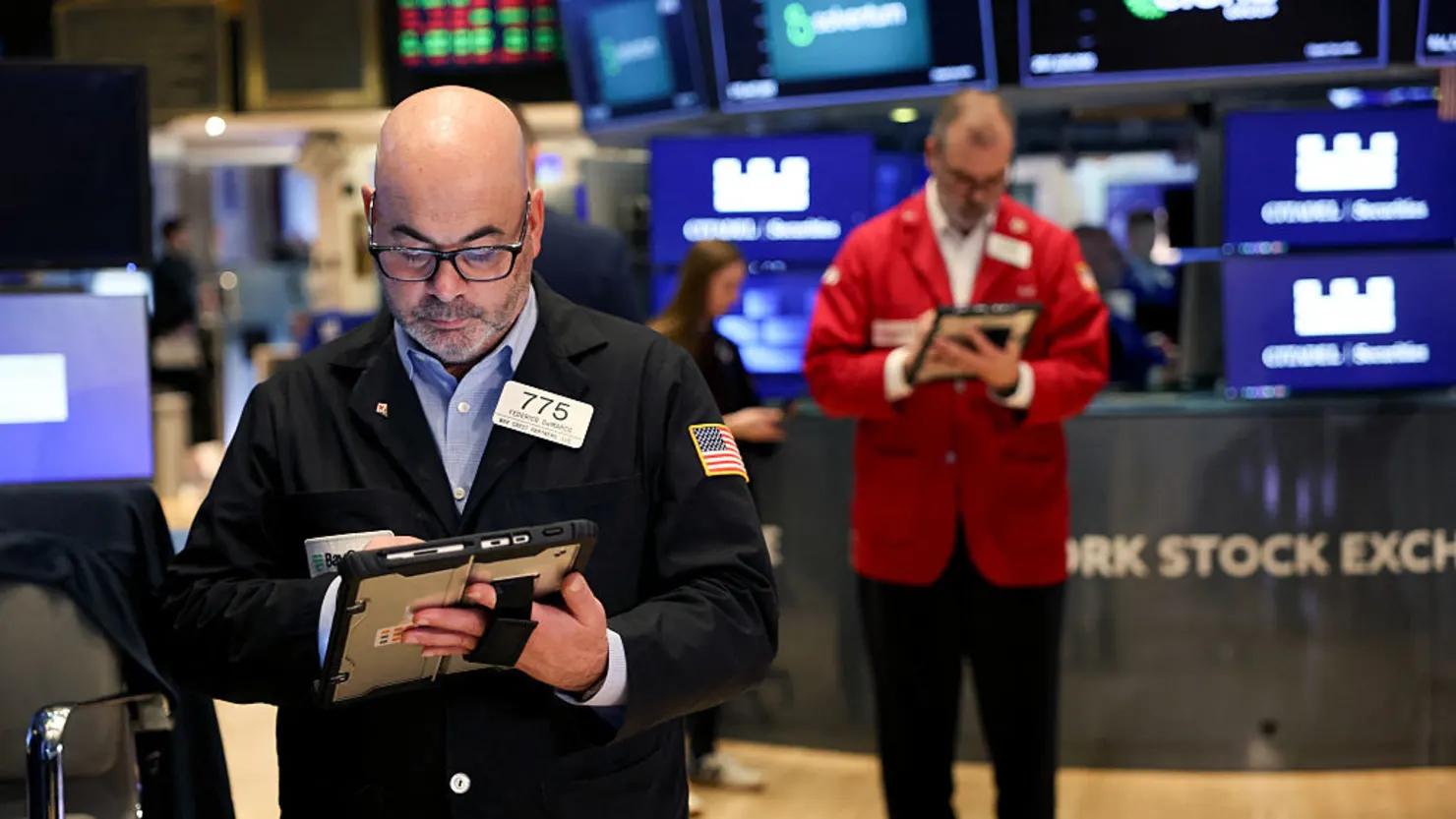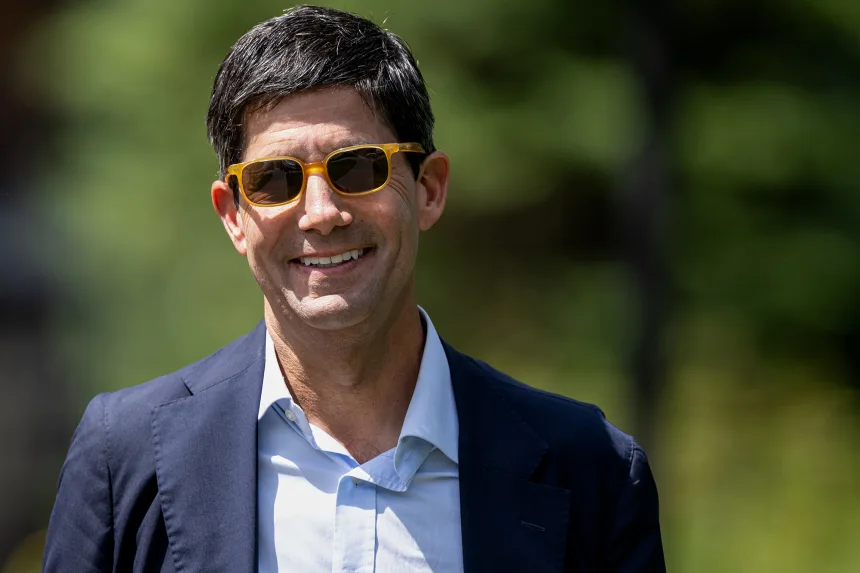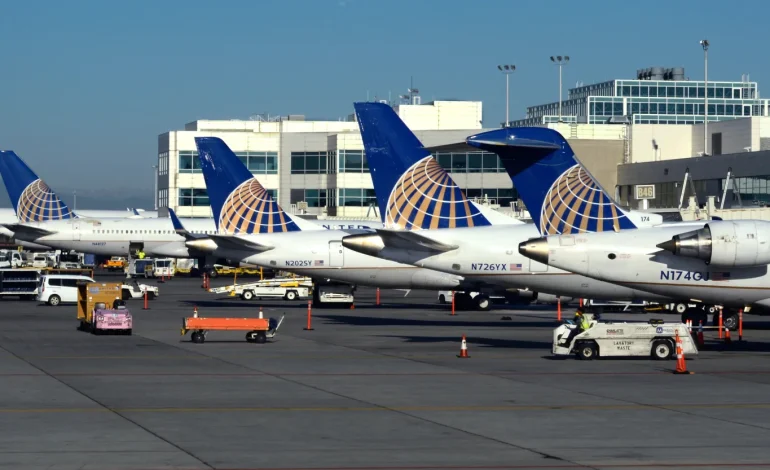United Airlines is raising fees for its airport lounge memberships and co-branded credit cards, marking the latest shift in how airlines reward their most frequent customers.
Alongside the price increases, United is also introducing new benefits aimed at enhancing customer value.
United is restructuring its United Club lounge memberships with a two-tier system:
- Individual Membership: Costs $750 per year (or 94,000 miles), granting access to United Clubs but not partner lounges.
- All Access Membership: Costs $1,400 per year (or 175,000 miles), allowing access for two guests and entry to Star Alliance and partner lounges.
Previously, a standard lounge membership cost $650 per year, including two guests. Existing members will keep their current terms until their membership expires.
United is also raising the annual fees on its co-branded credit cards with Chase, while adding new benefits such as ride-share credits, travel perks, and elite status opportunities.
- United Explorer Card: Fee rises from $95 to $150; new benefits include $60 in ride-share credits.
- United Quest Card: Fee increases from $250 to $350; new perks include $100 in ride-share credits, extra legroom seat upgrades, and $200 in United travel credits.
- United Club Infinite Card: Fee goes up from $525 to $695; cardholders receive $150 in ride-share credits, annual lounge membership, and a path to earn Premier 1K elite status through spending.
For existing cardholders, new benefits will take effect immediately, but higher fees won’t be charged until later this year or in early 2026.
The airline industry has been adjusting loyalty programs to prioritize high-spending travelers, with crowded lounges and packed first-class cabins leading to tighter access rules. Airlines, including American, Delta, and United, have expanded their lounge networks while raising prices and limiting entry.
United’s MileagePlus loyalty program has seen strong growth, adding 17 million members over the past few years. Revenue from co-branded credit cards and lounge memberships helped United earn $3.49 billion in non-ticket revenue last year, a 10% increase from the previous year.
Airlines have been relying on credit card partnerships as a steady source of revenue, even when travel demand fluctuates. United CEO Scott Kirby acknowledged a recent slowdown in bookings, but emphasized that the airline’s long-term strategy remains unchanged.
Lounge visits have also surged, with more travelers arriving early to take advantage of premium airport spaces. However, crowding concerns have led United, Delta, and Capital One to introduce stricter access policies in response.
CNBC, the Wall Street Journal, the New York Times contributed to this report.










The latest news in your social feeds
Subscribe to our social media platforms to stay tuned